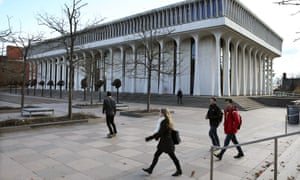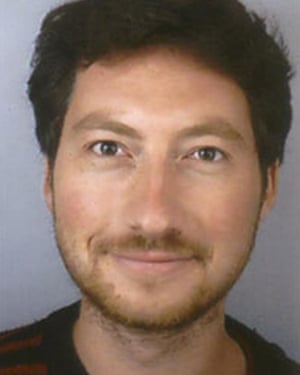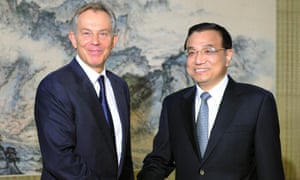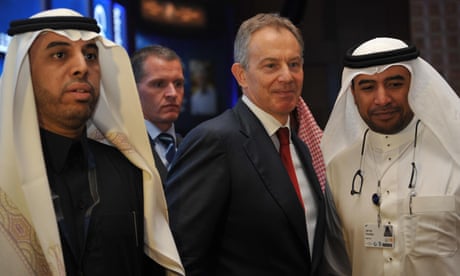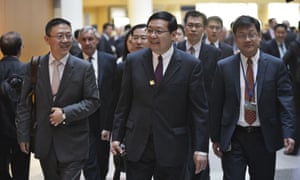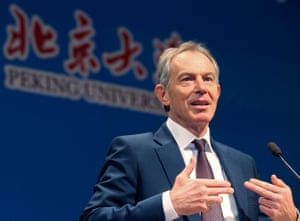ChatGPT
Think about Monopoly, the game where you buy properties and compete to win. Now, let's compare it with how the real world works when it comes to money, businesses, and luck.
In Monopoly, every player starts with the same amount of money. This makes sure that nobody gets an advantage right away. It's like starting a race with everyone on the same line. This makes the game about skills and strategy.
But in real life, things can be different. Some people start with more money or better chances. It's like some players in Monopoly starting ahead with better properties. This isn't fair, and it's how it is in the real world sometimes.
In Monopoly, luck comes into play with the roll of dice and the cards you draw. Sometimes you land on good spots, and sometimes not. Luck can make a big difference in the game. Similarly, real life has surprises too. New inventions, what people want to buy, and unexpected events can change how well businesses and people do.
But here's where they're not the same. In Monopoly, luck only matters during the game. In real life, luck is just one piece of the puzzle. Real life is more complicated. It's not just about luck – it's about how things are made, what people like, and rules set by governments. All of these things make the real world much harder to predict than a game.
So, in Monopoly, luck follows the game's rules. In real life, luck mixes with many other things, making it more complex. The comparison between Monopoly and real life reminds us that the real world is unfair and trickier.
